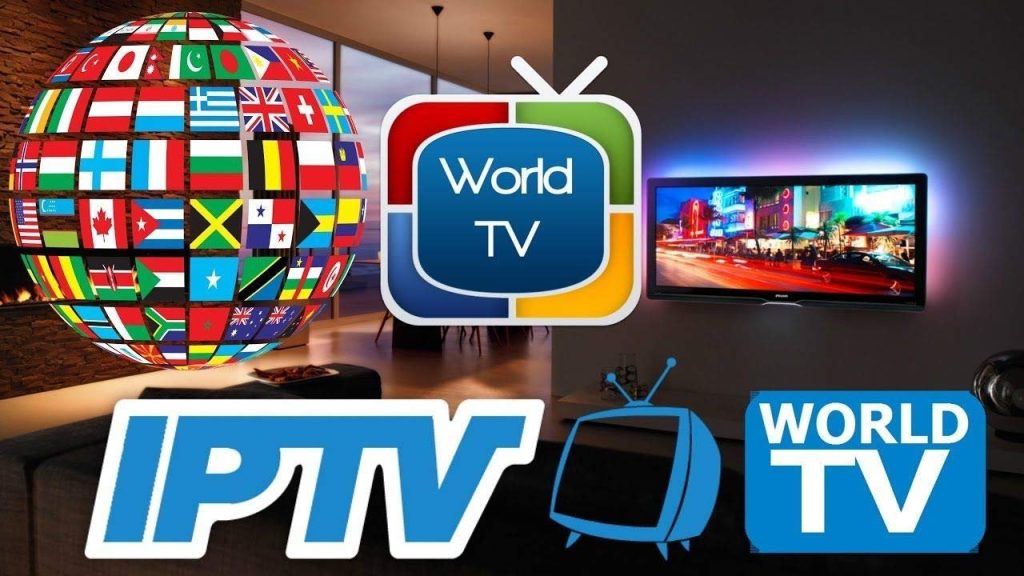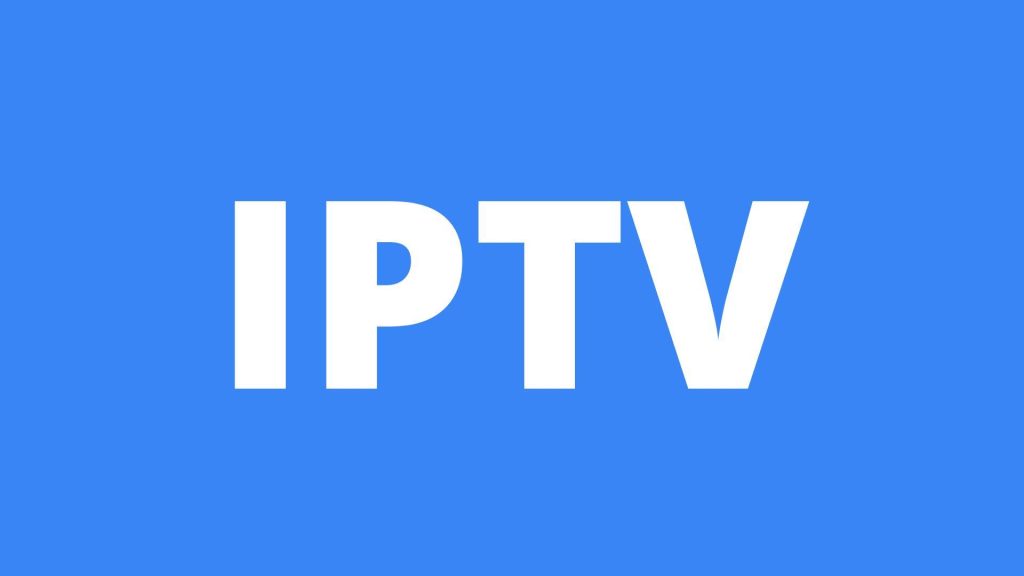Unveiling the Causes of IPTV Freezing and How to Fix Them
Introduction to IPTV Freezing Issues Reasons why IPTV services freeze or buffer When it comes to IPTV services, one of the most common issues users face is buffering or IPTV Freezing. The primary reason behind this problem is the internet speed. For a seamless IPTV experience, it is crucial to have an internet connection with a minimum download speed of 7-10 MBPS and upload speed of 1-3 MBPS. Inadequate internet speed can lead to disruptions in the streaming quality, causing freezing and buffering issues for viewers. Another factor that contributes to IPTV freezing is server overload. If the IPTV provider’s servers are overloaded with too many users streaming content simultaneously, it can result in freezing or buffering for individual users. Ensuring that the IPTV service provider has a reliable and robust server infrastructure is essential in preventing freezing issues. Factors contributing to IPTV freezing Aside from internet speed and server overload, other factors can also contribute to IPTV freezing. One such factor is the quality of the content being streamed. Higher resolution content requires more bandwidth to stream without interruptions. If the user’s internet connection cannot support the bandwidth requirements of the content, freezing and buffering may occur. Furthermore, device compatibility and performance play a significant role in IPTV freezing. Older devices may struggle to handle the processing requirements of streaming high-quality content, leading to freezing issues. It is important for users to ensure that their devices are up-to-date and capable of supporting the IPTV service effectively. Inadequate network infrastructure within the user’s home can also be a factor in IPTV freezing. Issues such as Wi-Fi interference, weak signal strength, or outdated routers can impact the stability of the internet connection, resulting in freezing or buffering during IPTV streaming sessions. Overall, understanding the various factors that contribute to IPTV freezing is crucial in addressing and resolving these issues. By ensuring a stable internet connection, choosing a reliable IPTV service provider, and optimizing device and network settings, users can minimize freezing and buffering problems for a smoother streaming experience. Appropriate Internet Speed Significance of internet speed for IPTV performance When it comes to IPTV streaming, internet speed plays a crucial role in determining the quality of your viewing experience. The speed of your internet connection directly impacts how smoothly your IPTV service functions. Having a stable and fast internet connection ensures that the data packets containing video and audio information can be transmitted without interruptions, leading to uninterrupted streaming. Recommended download and upload speeds for smooth IPTV streaming For optimal IPTV performance without buffering or freezing, it is recommended to have a minimum internet speed of 7-10 Mbps for downloads and 1-3 Mbps for uploads. These speeds are necessary to maintain a steady flow of data from the IPTV service provider to your device. With lower speeds, you may experience buffering, where the video stops and starts intermittently, or freezing, where the video becomes stuck and unresponsive. Server Performance Testing How suppliers test server performance? Suppliers, including the Administration team, often conduct tests on the servers hosting IPTV channels to ensure optimal performance. These tests involve moving channels around to assess which configurations lead to better streaming quality. By monitoring how the servers handle different channels, suppliers can identify and address any potential issues that may cause freezing or buffering for viewers. Factors considered by suppliers to prevent IPTV freezing When addressing IPTV freezing or buffering, suppliers take into account various factors to improve the viewing experience for customers. One crucial element is the internet speed available to the end user. If the internet speed is insufficient, it can result in prolonged buffering times and interrupted streaming. Suppliers prioritize checking the connectivity speed when customers report issues, as it directly impacts how efficiently IPTV services can deliver content. Appropriate Internet Speed Significance of internet speed for IPTV performance In the realm of IPTV streaming, having an appropriate internet speed is essential for ensuring a seamless viewing experience. The speed of the internet connection directly influences how well IPTV services function, affecting the transmission of video and audio data packets. A stable and fast internet connection is imperative to prevent interruptions and enable uninterrupted streaming. Recommended download and upload speeds for smooth IPTV streaming To enjoy IPTV without buffering or freezing issues, it is advisable to have a minimum internet speed of 7-10 Mbps for downloads and 1-3 Mbps for uploads. These speeds are crucial for maintaining a consistent flow of data from the service provider to the viewer’s device. Lower speeds can lead to buffering, where the video stops and starts intermittently, or freezing, where the video becomes unresponsive. Connectivity Speed Check Importance of internet speed for channel loading Having an appropriate internet speed is crucial for smooth IPTV performance. When the internet speed is low, channels may not load quickly, resulting in buffering and freezing issues. To address this, suppliers often conduct tests on the servers and may even reorganize channels to optimize performance. One of the first steps taken when customers report problems is to check the connectivity speed to ensure that it meets the recommended criteria for seamless streaming. Actions taken by suppliers when customers report issues When customers report IPTV buffering or freezing problems, suppliers typically investigate three main factors. Apart from internet speed, suppliers may also look into server performance and channel allocation to identify any issues affecting the streaming quality. By conducting tests on the servers and making necessary adjustments, suppliers aim to enhance the overall performance of the IPTV service and provide customers with a better viewing experience for entertainment. Diagnosing IPTV Freezing Problems Identifying common causes of IPTV freezing When faced with IPTV buffering or freezing issues, it’s essential to consider several factors that could be contributing to the problem. Apart from inadequate internet speed, other common causes include server performance and channel allocation. By examining these key areas, suppliers can pinpoint the root cause of the freezing problem and take appropriate measures to address it effectively. Troubleshooting methods to resolve IPTV
Unveiling the Causes of IPTV Freezing and How to Fix Them Read More »





